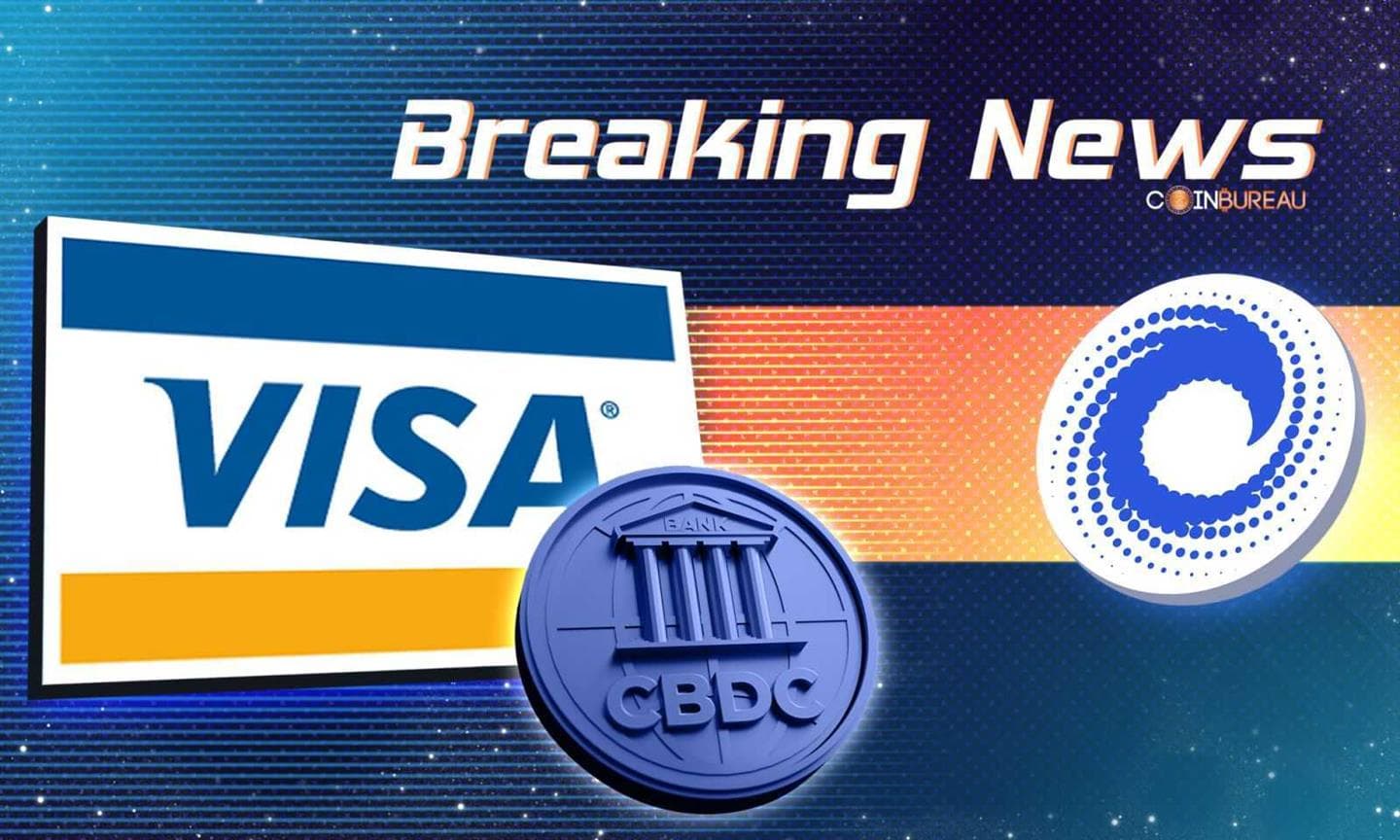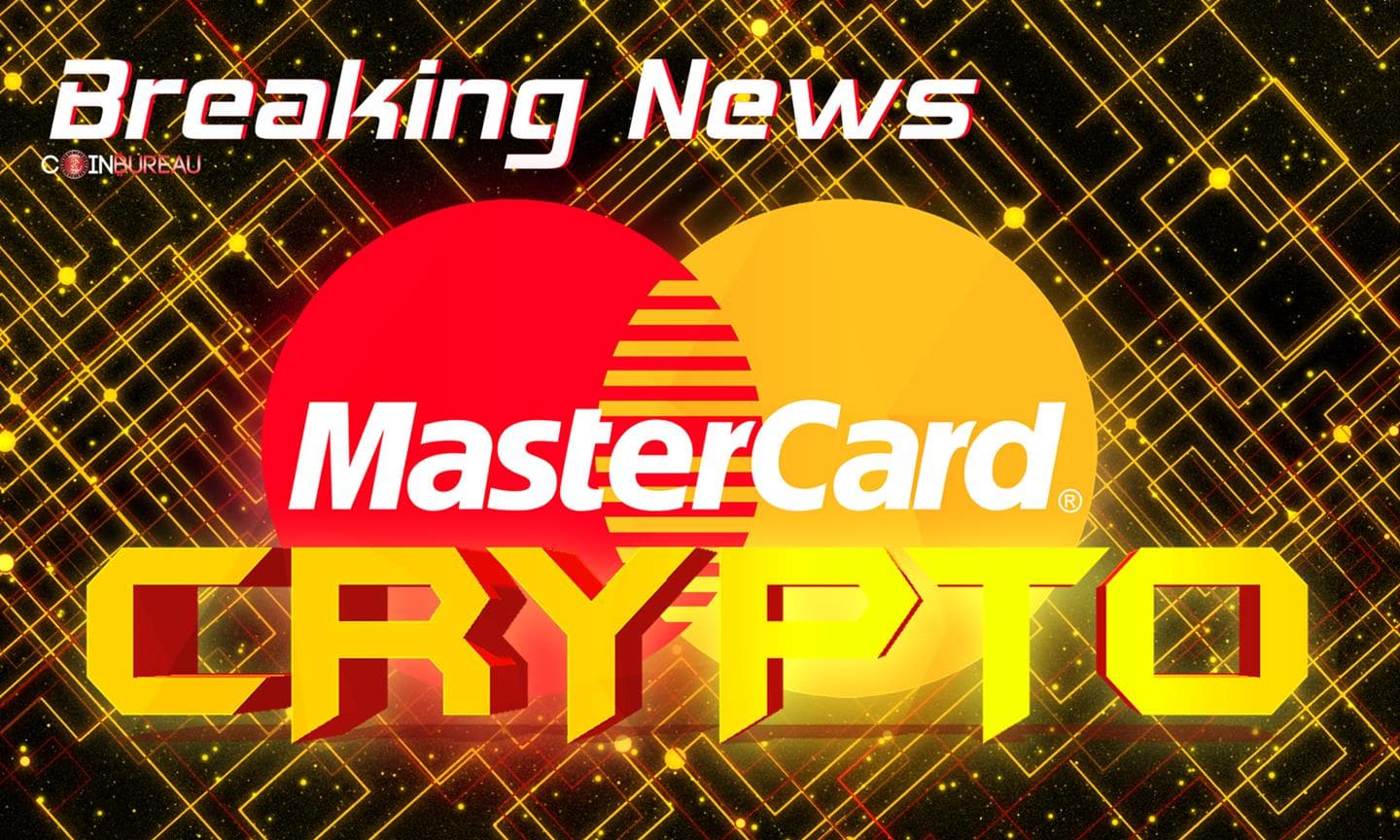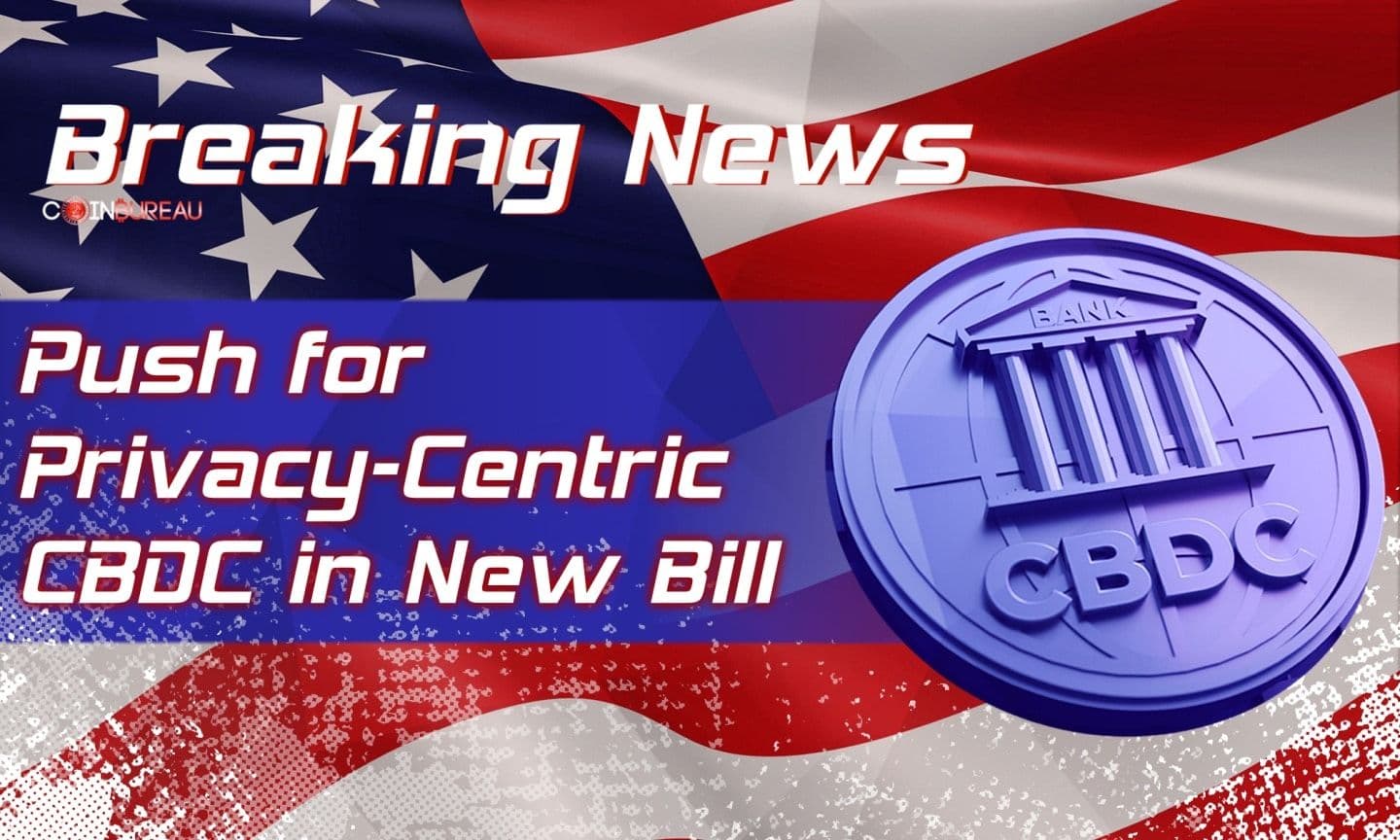Prominent Ethereum development firm Consensys has launched a new scaling solution with support from the engineering team from payments giant Mastercard.
The new project, called “Consensys Rollups”, aims to provide enterprise-grade scalability to financial organizations and address the “key challenge of scalable applications on the Quorum tech-stack.”
According to Consensys, the firm engaged Mastercard to co-develop key building blocks that make blockchain scalable either on Ethereum or for private use.
Consensys names four notable use cases for the new rollups, which are compatible with all ERC-20 tokens, as per the announcement. They are:
- Central Bank Digital Currencies (CBDCs): CBDCs issuance on top of a Consensys Rollups powered Quorum network can provide scalability and privacy capabilities for digital currency transfers among central banks, commercial banks, and retail users.
- Decentralized Exchanges (DEXs): DEXs built with Rollups will bring scalability to Decentralized Finance (DeFi) and NFTs, and more use cases on Ethereum that need faster settlement but the security guarantees of Ethereum.
- Micropayments: Micro payment applications that see users pay, for example, on a per-stream or per-view basis will require high throughput to properly function as large numbers of users interact with platforms and decentralized applications (dapps). Rollups on mainnet will allow Ethereum to scale to meet the demand of new Web3 economic paradigms without network congestion, high fees, or finality challenges.
- Private transfer and taxes: ConsenSys Rollups open a new pattern for confidentiality on the Ethereum Mainnet, or on Enterprise Ethereum (Quorum) powered networks. With partially anonymous rollups, users can transfer or swap tokens and transact with partial anonymity. Use-cases that require auditability and transparency but also maintain user confidentiality will be enabled with rollup solutions. This could remove the next barrier to entry for more DeFi or cryptocurrency users on new services.
 Image via Shutterstock
Image via Shutterstock
Consensys Rollups, which have a throughput of 10,000 transactions per second (TPS) will utilize zero-knowledge (ZK) proofs to protect certain elements of transactions, like account balances, sender, recipient, and amount from the public eye.
In April, Consensys and Mastercard announced a partnership to “power the future of commerce” by utilizing Mastercard’s blockchain patents and Consensys’ “deep development expertise.”





